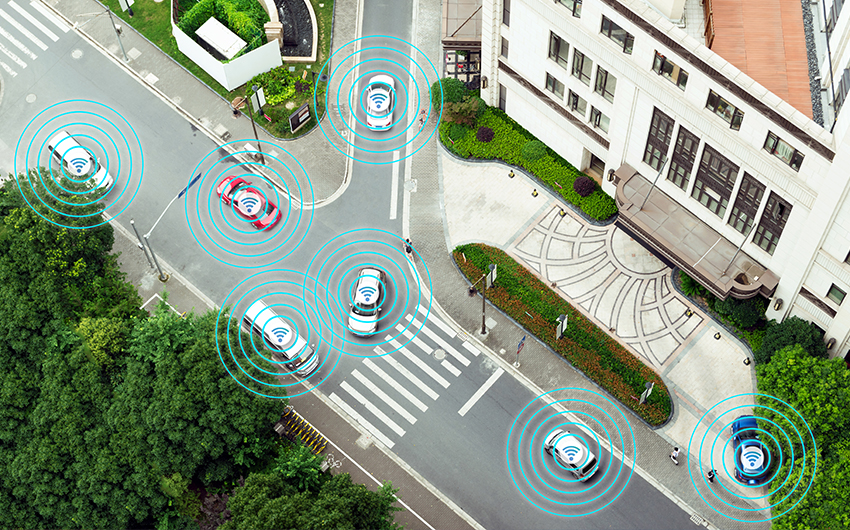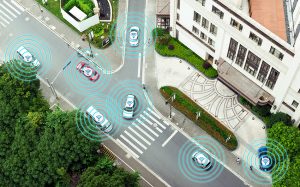A study with questionable motivations.
- I have long argued that the automobile insurance industry must resist the adoption of autonomous driving for as long as it can (see here) and a study from one of its industry bodies seems to be aimed at doing exactly that.
- Despite protestations to the contrary from the industry, I firmly believe that autonomous driving represents an existential threat for the automobile insurance industry.
- Insurance premiums are calculated on the basis of risk with the idea being that premiums paid by everyone cover the costs of the few accidents with a margin for the service provider.
- 94% of all accidents are caused by human error (see here) which means that having humans no longer behind the wheel should cause a 20 fold decline in accidents.
- This, in turn, would trigger a 95% decline in premiums spelling the end of the automobile insurance industry as we know it.
- However, the Insurance Institute for Highway Safety (IIHS) has released a study implying that without compromises being made in terms of speed and convenience (longer journey times), autonomous systems will only be able to reduce accidents by around a third.
- This finding is based on analysis of 5,000 serious crashes from the NHTSA and separates crashes into 5 categories: sensing and perceiving, incapacitation of the driver, predicting, planning and deciding and execution.
- The IIHS asserts that only sensing and perceiving and incapacitation of the driver will be mitigated by autonomous driving and in the study, these two categories made up 34% of all serious accidents.
- Hence, it concludes that without making journeys slower and longer which will be unacceptable to users, autonomous driving will only reduce the accident rate by 34%.
- This is relatively good news for the insurance industry as this would mean a reduction of premiums by 34% rather than 95% which it would be able to survive.
- This has allowed the headlines to go out as “Autonomous vehicles will prevent only a third of car crashes, IIHS study says” (Autoblog) and “Self-driving vehicles could struggle to eliminate most crashes” (IIHS) which while technically accurate are very misleading.
- The reality is that not one of the autonomous players has any intention of putting a system on the road that does not fully address the other three categories making this study non-sensical.
- In this scenario, the study implies that the journey times will increase making autonomous vehicles too slow for most users who will continue to drive themselves.
- This would then lead to humans still driving, lots of accidents and the survival of the automobile insurance industry.
- The IIHS researchers used a scenario of fully autonomous driving for their study and in this environment, RFM research indicates that there will be a large increase in vehicle capacity on the roads.
- This is because junctions can be properly automated meaning congestion can be greatly reduced and vehicles can travel in greater density.
- With humans at the wheel, the average speed in the USA is 25mph which I think could be increased given the improvements in road capacity and vehicle management that can be made by automation.
- Hence, I would argue that even with autonomous driving systems addressing all of the five categories defined by the IIHS study, the average speed would increase and journey times would decrease.
- Furthermore, with the driver no longer to drive, his attention can be on other things such as productivity or entertainment meaning that sitting in a vehicle will no longer be such a frustrating waste of time.
- This would have the effect of increasing a user’s willingness to spend more time in the vehicle.
- Hence, I think that this study is not an accurate reflection of reality and that autonomous driving will, in fact, reduce the accident rate by 90% or more putting the automobile insurance industry in a very difficult position.
- The autonomous driving problem remains incredibly hard to solve and so I am still targeting 2028 for commercial autonomy with robotaxis and delivery systems potentially coming slightly earlier.
- The automobile insurance industry needs to think of something else to do, but it has some time to do so.









